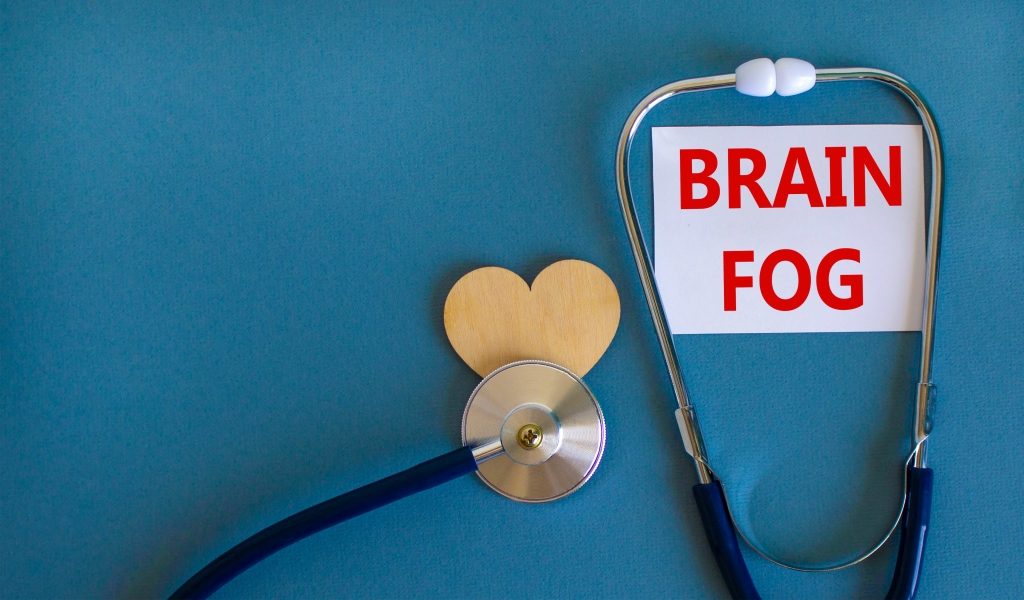This is due to research that has determined that group therapy can be as effective, if not more effective, as individual therapy for the treatment of SUDs. Many behavioral health providers also agree with this thought through their own lived experience working with their clients in early recovery. Many treatment facilities use group therapy at the core of their programs and incorporate other therapies such as individual, family, recreational, art, and specialty therapies to enhance the client’s experience. Family therapy for addiction can be beneficial during the alcohol treatment process. A potentially effective approach for treating alcoholism involves healing family relationships.
- If you or someone you know is battling alcoholism or addiction to another substance, you may want to consider treatment.
- A therapist works with the client to identify goals and expected outcomes.
- Family therapy for addiction can be beneficial during the alcohol treatment process.
- This can help them develop more effective coping strategies, build confidence, and gain insight into their drinking behaviors.
Once you feel fully relaxed, they help you visualize specific scenarios involving alcohol, like a time when you chose not to drink and felt good about it. Then, you imagine a situation, such as a stressful fight with your partner, and suggest potential coping methods that don’t involve alcohol. The Navigator will steer you toward evidence-based treatment, which applies https://trading-market.org/12-sample-farewell-letters-format-examples-and-how/ knowledge gained through decades of carefully designed scientific research. The CBT aspect of the program helps people increase their awareness of substance-using habits and recognize situations that may not be safe. Research has shown CM to be effective for various types of SUD, including SUDs involving alcohol, nicotine, cannabis, cocaine, and opiates.
Can Cognitive Behavioral Therapy (CBT) Treat Alcoholism and Drug Addiction?
As a rule, a person who reaches it no longer needs their former way of life. Alcoholic recovery is now complete, and the pain of the process seems very distant. According to one Harvard study, this stage can be expected after not drinking alcohol for at least five years, but we find it’s different for everyone. At any rate, the outcome is the same – people can refrain from drinking, become healthier, become better parents, partners, neighbors, and citizens, and overall productive members of society. There’s more to getting and staying clean than just not drinking – it’s about attaining a satisfactory quality of life. When a person begins recovering from alcoholism, they start a journey through six specific stages of alcohol recovery as they learn to lead a life without alcohol.
This deeper insight makes them better equipped to try again, and this time succeed. Religious or non-religious alcohol support groups can offer some much-needed assistance to affirm one’s resolve to quit drinking for good. The main difference between a 12-step approach and AA alternatives The Most Common Causes Of Bruising After Drinking Alcohol Nervous System Disorders and Diseases medical answers Body is that most of the non 12-step programs do not use a “higher power” to assist the patient through the recovery process. A study4 looking at hypnotherapy for alcohol use disorder compared this treatment to motivational interviewing, a widely accepted treatment for substance use disorder.
Signs of an Alcohol Problem
There is now a convincing answer to the question of “can you recover from alcoholism.” It is much easier to beat alcoholism with the help of trained professionals at a rehab center. An inpatient rehab center’s program of recovery for alcoholics involves therapy and intensive counseling to help find positive ways of coping with the issues that led them to start abusing alcohol, to begin with. Treatment programs last for a minimum of 30 days and can go on for one year. Ideally, one should choose a facility located in a quiet and peaceful area, where it is easier to focus on getting better. A person recovering from alcoholism is encouraged to transition to outpatient treatment after completing his or her residential stay.

Another aspect of skills training is helping people learn to better tolerate feelings of distress. This way, people can manage their feelings of anxiety or depression in positive ways, rather than turning to substance misuse for a quick fix. Functional analysis can also give insight into why they drink or use drugs in the first place. People may examine the situations, emotions, and thoughts that played a role in their drug or alcohol use. This helps identify situations in which the person has coping difficulties. Others may want one-on-one therapy for a longer time to deal with issues like anxiety or depression.
Going To Group Therapy Vs Individual Therapy
If you or someone you care about is struggling with an AUD, you will likely benefit from some form of treatment. Many people with alcohol use disorder hesitate to get treatment because they don’t recognize that they have a problem. An intervention from loved ones can help some people recognize and accept that they need professional help. If you’re concerned about someone who drinks too much, ask a professional experienced in alcohol treatment for advice on how to approach that person.